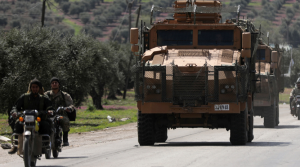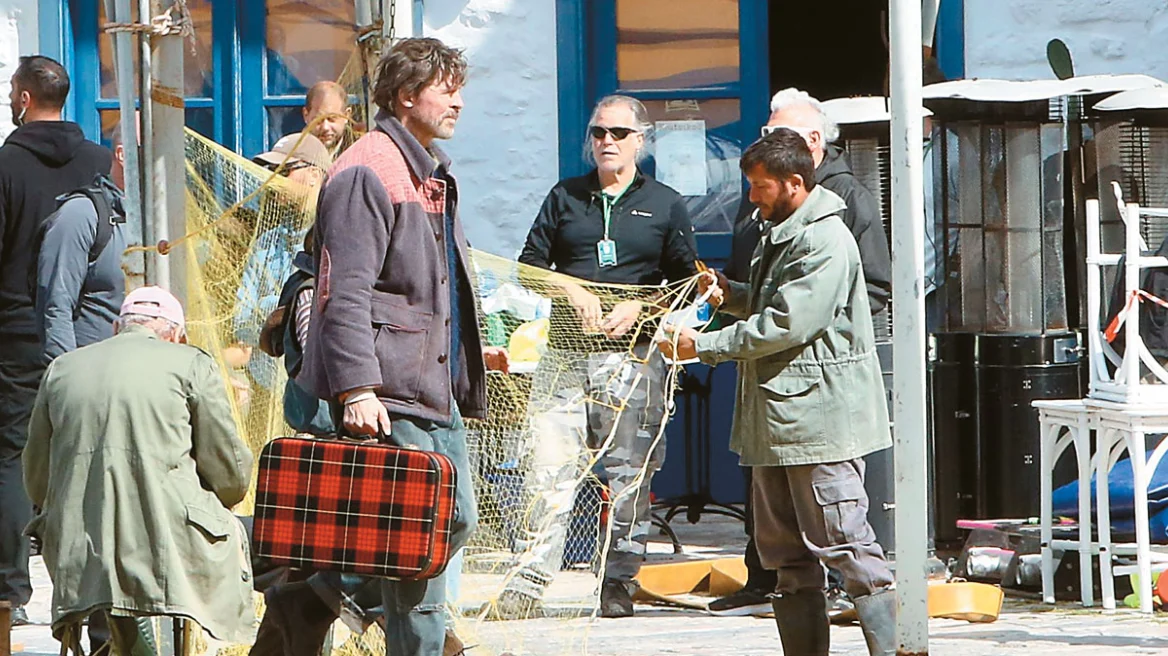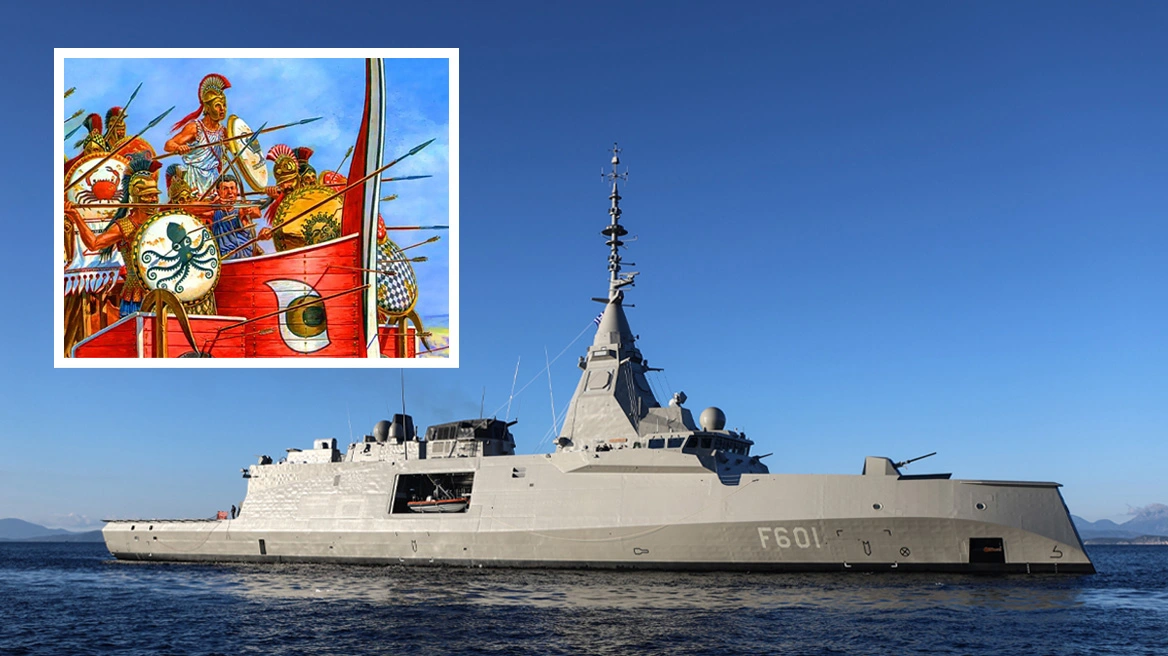While speculation was rife this week about whether Turkey’s next move in Syria would be toward Tell Rifaat or Manbij, Russia unexpectedly withdrew its troops March 27 from Tell Rifaat.
The Turkish-backed Free Syrian Army (FSA) now controls the area around Tell Rifaat, while according to unconfirmed reports, the forces of Syrian President Bashar al-Assad control the city proper. The area is important for Ankara because the Menagh military air base in the city is a critical logistics point to reach northern Aleppo and Idlib. Thus, control provides the FSA with the strategic and psychological upper hand in the region.
“We will take Tell Rifaat under our control and thus achieve the goal of the operation. We ask our interlocutors to fulfill their commitments about Manbij,” President Recep Tayyip Erdogan said March 26. “The US must take over control of Manbij from the terror groups as soon as possible. If that terror organization is not removed from Manbij, then we will have to do it ourselves together with the people of the area.”
Turkey’s offensive is an open-ended, effect-based operation aiming to influence the strategic preferences of Washington and Moscow. So Ankara’s calls on Russia to withdraw its forces from Tell Rifaat are also signaling the United States that Turkey may expand the operation to Manbij.
In short, Turkey is providing two options regarding Russia and the United States, telling the Americans, “If you withdraw from Manbij, then we can give up on Russia and work with you east of the Euphrates.” It’s telling Moscow, “If you withdraw from Tell Rifaat, we can work with you to push the United States out of northern Syria.”
Unable to obtain the blessing it wanted from Washington, Ankara has now shifted its focus to Tell Rifaat and seems to be heading toward cooperation with Russia. Officials in top Turkish echelons repeat that Turkey’s cooperation with Russia in northern Syria is stronger than its cooperation with the United States.
On March 23, Turkish Chief of General Staff Hulusi Akar described Turkish-Russian ties in Syria as “a sincere give-and-take relationship based on confidence.” Turkey’s cooperation with Russia has been “excellent” despite occasional hiccups on the ground and in the air, Akar added. In this relationship, Turkey and Russia hold common interests west of the Euphrates including Idlib, eastern Ghouta and Afrin.
Now the key question is: Will the cooperation between Ankara and Moscow continue east of the Euphrates as well? The answer to that question will be determined by Washington’s strategic choices and the extent of its cooperation with the People’s Protection Units (YPG) east of the Euphrates. Ankara considers the YPG a terrorist affiliate.
Defense sources in Ankara say Turkey’s offensive in Syria will continue east of the Euphrates no matter what happens. The fall of Afrin in the surprisingly short time of four days and the Turkish army’s taking control of Tell Rifaat without any clashes have boosted Turkey’s determination. Defense sources speaking to Al-Monitor on condition of anonymity say four important factors contribute to this decisiveness:
- – Turkey’s military prowess and Erdogan’s political leadership cannot be ignored. To become an influential actor in Syria and be a deterrent there requires combat.
- – The United States erred in its calculations that it could come from thousands of miles away and be influential in Syria in cooperation with the YPG despite the risk of upsetting Turkey.
- – To hold a place at the table to discuss of Syria’s future, one must have a significant presence on the ground.
- – Public support for the operation continues to grow.
Syria is likely to engage in military action in the area east of the Euphrates currently controlled by the United States. It’s not outlandish to predict that Moscow will spoil Washington’s dance with the YPG and challenge the absolute domination of the United States east of the Euphrates by supporting Ankara when Turkish forces shift their operation east.
It’s also obvious that Turkey’s increasing military activities are very much linked with the Iran-Russia-Turkey summit set for the beginning of April in Istanbul. To sit more comfortably at the table and to minimize Iran’s consolidation of power south of Aleppo, Ankara needs a clear-cut success in the field. Moscow appears to expect Turkey to sit at the table with a strong hand to tame Tehran. It’s believed Russia is trying to craft a power balance between Ankara-supported Sunni opposition, Assad’s forces and pro-Iranian militias west of the Euphrates.
As clashes ease in northern Syria, three non-state models are emerging there: Turkey-supported Sunni opponents of the regime, US-allied Syrian Kurds and Iranian-sponsored Shiite supporters of Assad. In the coming months, the struggle for political control among the three will be clearer, and their political relationships with Damascus and how that will be treated in the new constitution will be critical.
Sadly, though, power struggles in Syria usually mean more ideological and sectarian conflicts and internal displacement.
As for Turkey’s offensive against Kurdish fighters in Afrin, as of March 27 the Turkish military said 51 of its soldiers had been killed and 3,755 Kurdish militants killed, captured or wounded. The area the clashes took place, some 2,000 square kilometers (770 square miles), is now under the Turkish army’s control.
Ask me anything
Explore related questions





